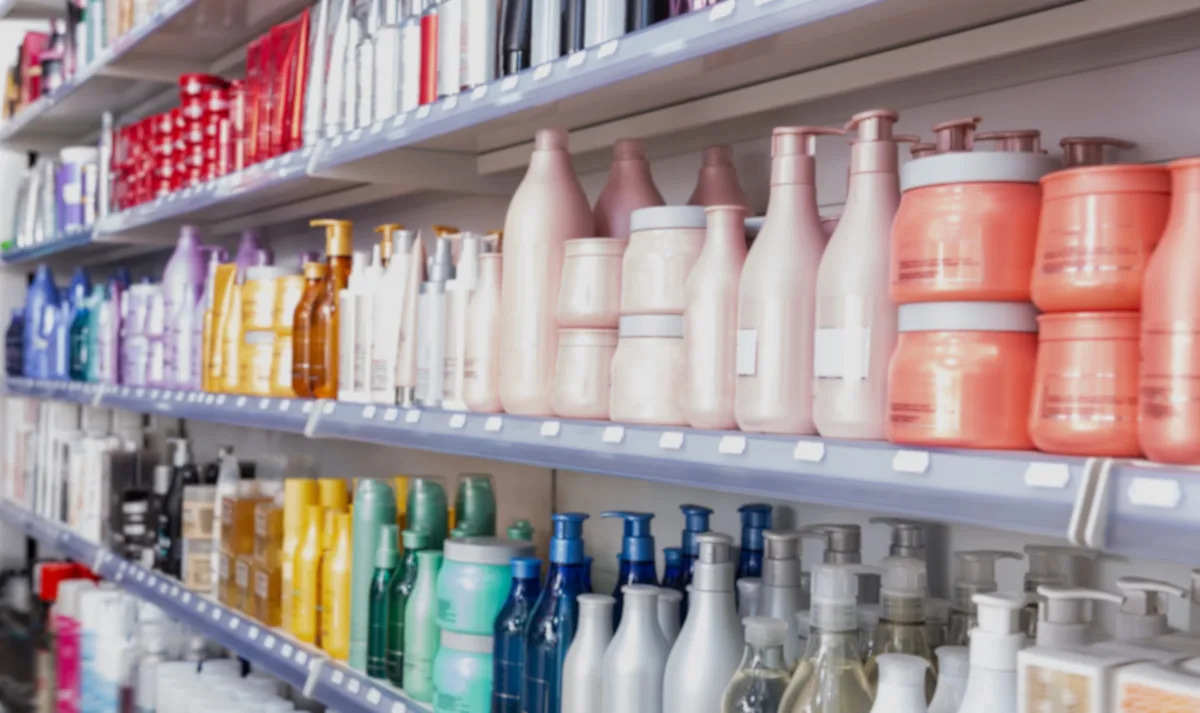Home / Environment / Antigua and Barbuda Bans Reef-Harming Sunscreens to Protect Coral Reefs
Antigua and Barbuda Bans Reef-Harming Sunscreens to Protect Coral Reefs
27 Oct
Summary
- Antigua and Barbuda banning sunscreens with chemicals harmful to coral reefs
- Policy draws from successful ban in Palau that reduced reef damage
- Initiative aims to balance human skin protection and ocean conservation

As of October 2025, the Caribbean island nation of Antigua and Barbuda is moving to safeguard its precious coral reefs by prohibiting the importation, manufacture, sale, and distribution of sunscreens containing six reef-toxic chemicals. This initiative, announced by the Ministry of Trade, draws from the successful policy implemented in Palau, which has significantly reduced reef damage since 2020.
The banned ingredients include oxybenzone, octinoxate, avobenzone, homosalate, octocrylene, and octisalate, which scientists have linked to coral bleaching, endocrine disruption in marine species, and broader damage throughout ocean food chains. Antigua and Barbuda's tourism-dependent economy relies heavily on thriving coral reefs that attract visitors and support local fisheries, making this move a critical step in safeguarding their natural resources.
While the government acknowledges the importance of sunscreen in protecting human skin from ultraviolet radiation and reducing skin cancer risk, they are committed to finding a responsible balance. Officials plan to address these concerns through stakeholder consultations and explore solutions like educational campaigns and potential subsidies to ensure affordable access to reef-safe alternatives.
Antigua and Barbuda's policy positions the island nation as a regional leader in marine conservation, helping to protect the ocean ecosystems that will sustain their communities for generations to come.



